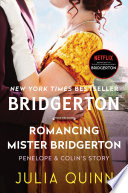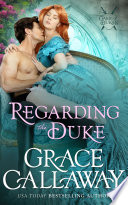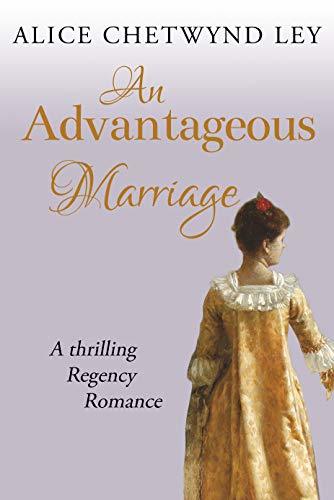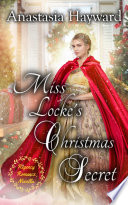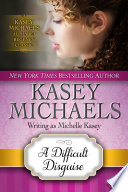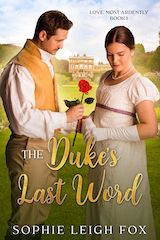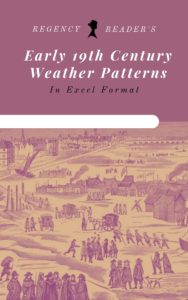Regency Reader Question
Would a member of the Aristocracy refer to their own baseborn child as a bastard? Or is that too modern? Would they use the term illegitimate? Or was there another expression they might use? Thanks, Natalie
| Source of Question | Reg Rom Book |
Thanks for the question, Natalie, and being a Regency Reader!
We did a post a bit ago about how illegitimate children were recorded in the parish records, and the implications for care. In that post, it was briefly touched on how illegitimate children were often recorded in parish records as “base born”, “natural”, or “bastard” (Pzrecha). They may have also been called a by-blow or referred to being born on the wrong side of the blanket (bastard | Origin and meaning of bastard by Online Etymology Dictionary (etymonline.com)). Some sources state the term bastard didn’t become derogatory until 1830, at least in the way we use it today.
The origins of the word stem from the French word batard, which means a child born out of wedlock. There is some evidence in English history, that illegitimate children were not generally viewed as contemptable in the Regency era as we might suppose (bastardy.PDF (alanmacfarlane.com)), but there was also some indication that illegitimacy, especially among the aristocracy or upper classes could come with it some shame or prejudice.
Jane Austen has two examples of illegitimacy (Col. Brandon’s first love Eliza’s daughter who become pregnant by Wickham and Harriet Smith) where their illegitimacy is acknowledged but the shame of immediate family members is shown (although in some ways repudiated by Austen). Harriet Smith is called the “natural daughter”, rather than bastard, which I suppose is probably a politer way of acknowledging illegitimacy.
Author Grace Burrowes goes into the complexity of attitudes about illegitimacy during the Regency era in a guest post on the Historical Hussies blog which I think showcases that illegitimate children could be exalted or shamed, to varying degrees and it really depended on their own parent’s attitudes to some extent (Historical Hussies: Guest Grace Burrowes on Illegitimacy During the Regency).
So, I don’t think there is a definitive answer to your question, Natalie. I think it probably depends on the individual. Bastard was a commonly used term for illegitimate children, as was base born or natural, and I think it would depend on the context, the person, etc. Authors seems to favor “by-blow” as more of a slang term and Jane Austen clearly couched illegitimacy as “natural”. So if you are reading it in a Regency book, I think its fair to say it wouldn’t be out of the realm of reality for someone to call an illegitimate child a bastard. If you are a writer, working on your own book, I think it probably is one of those choices that deserves a little bit of reflection about the motivations of the character, relationships, etc.
I have included a snippet of the definition of bastard from an 1813 encyclopedia where it also touches a bit on the attitudes of illegitimacy.
I hope this helps! Please keep your questions coming, we love doing the research and sharing our findings with you. You can ask a Regency Question here.
Przecha, D. (undated). Illegitamate (sic) Children and Missing Fathers: Working Around Illegitimacy. https://www.genealogy.com/articles/research/52_donna.html

